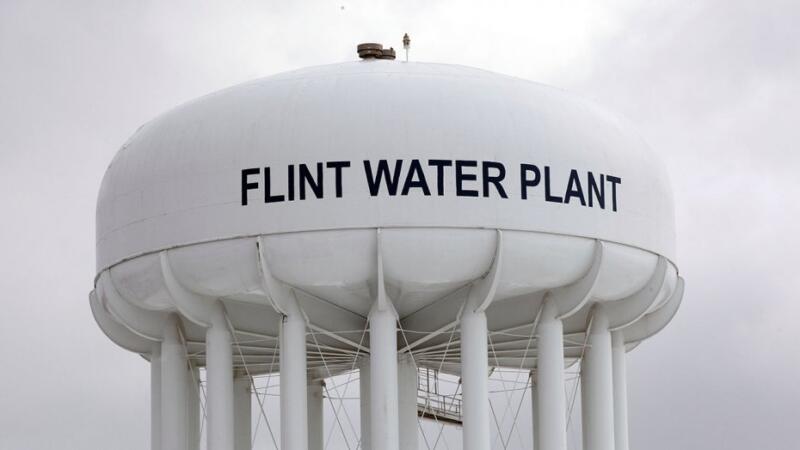
You’re likely all very familiar with the Flint water crisis – a matter of drinking water contamination in Flint, Michigan that started in 2014, and that has still yet to be fully resolved, as residents continue to be exposed to drinking water with lead contamination, creating a serious public health danger.
It’s been reported that between 6,000 and 12,000 children have been exposed to drinking water with high levels of lead and they may experience a range of serious health problems. The water is also said to be a possible cause of an outbreak of Legionnaires’ disease in the county that has killed 10 people so far and dozens of others infected.
Civil rights advocates characterized the crisis as a result of environmental racism, referring to the disproportionate exposure of poor ethnic minorities to the polluted water – especially black people, and other racial minorities who live in Flint’s dilapidated environments.
This “horrific clash of race, class, politics and public health,” as columnist Shaun King has summarized it, will now be at the center of an upcoming new documentary from producer Paul Haggis.
Like Hurricane Katrina and its aftermath (which will make up season 2), I can also see the Flint Water Crisis becoming the subject of Ryan Murphy’s “American Crime Story” anthology series.
Promising an intimate portrait of the Flint lead contaminated-water crisis and its impact on its Michigan community, the documentary, titled “Lead and Copper,” is the directorial debut from Yahoo News journalist William Hart, who covered the story for the online news site before returning as director to tell a more complete tale.
The film features interviews with people directly affected by the water crisis in Flint, such as LeeAnne Walters, the woman who first brought the issue into the public eye, and Dr. Marc Edwards, a scientist who has repeatedly raised concerns about how the water was treated when authorities switched Flint’s water source from Lake Huron to the Flint River. Improper water treatment resulted in the exposure of lead contamination in thousands of children.
As a journalist on assignment on the crisis for Yahoo News, director Hart felt that there was a larger story to tell: “Once I learned of the depth of the problem and the extent of the cover-up, I was compelled to take a closer look and tell this story in the way it deserved to be told,” he stated in a press release.
In association with Highway 61 Films, who are producing, Paul Haggis is executive producer of the film.
The producers plan to premiere the film in 2017, on the film festival circuit.
This project is the second on the Flint water crisis; announced earlier this year, also in the works at Lifetime, from producers Craig Zadan and Neil Meron (the same pair behind the live TV musicals “The Wiz” and “The Sound of Music”), is a movie which will be based on TIME magazine’s February cover story by Josh Sanburn, titled “The Poisoning of an American City” (below). The producers said that their intent is to create something comprehensive, tackling the crisis from the political and bureaucratic angles, as well as focusing on how the residents of Flint were impacted by the poisoning.
No ETA on either project at this time.


